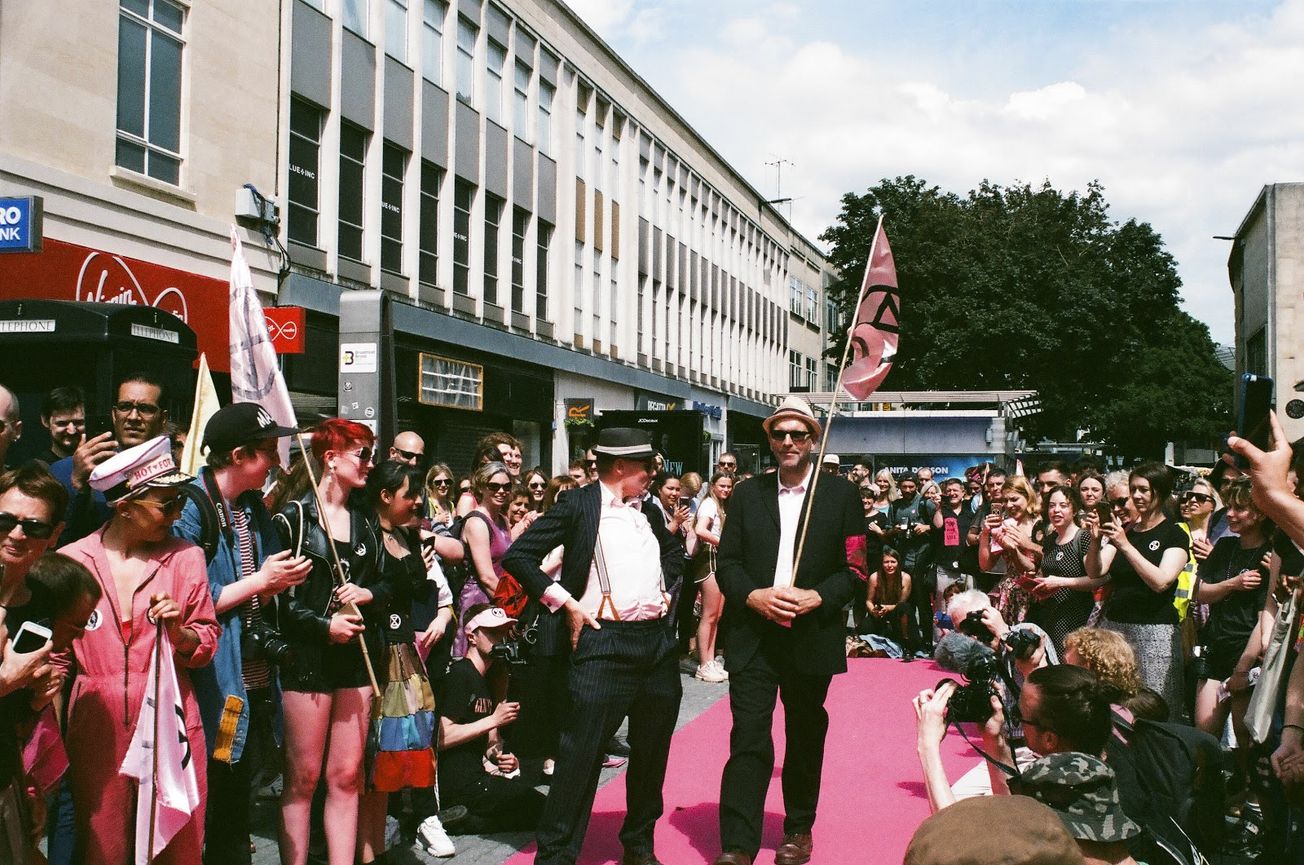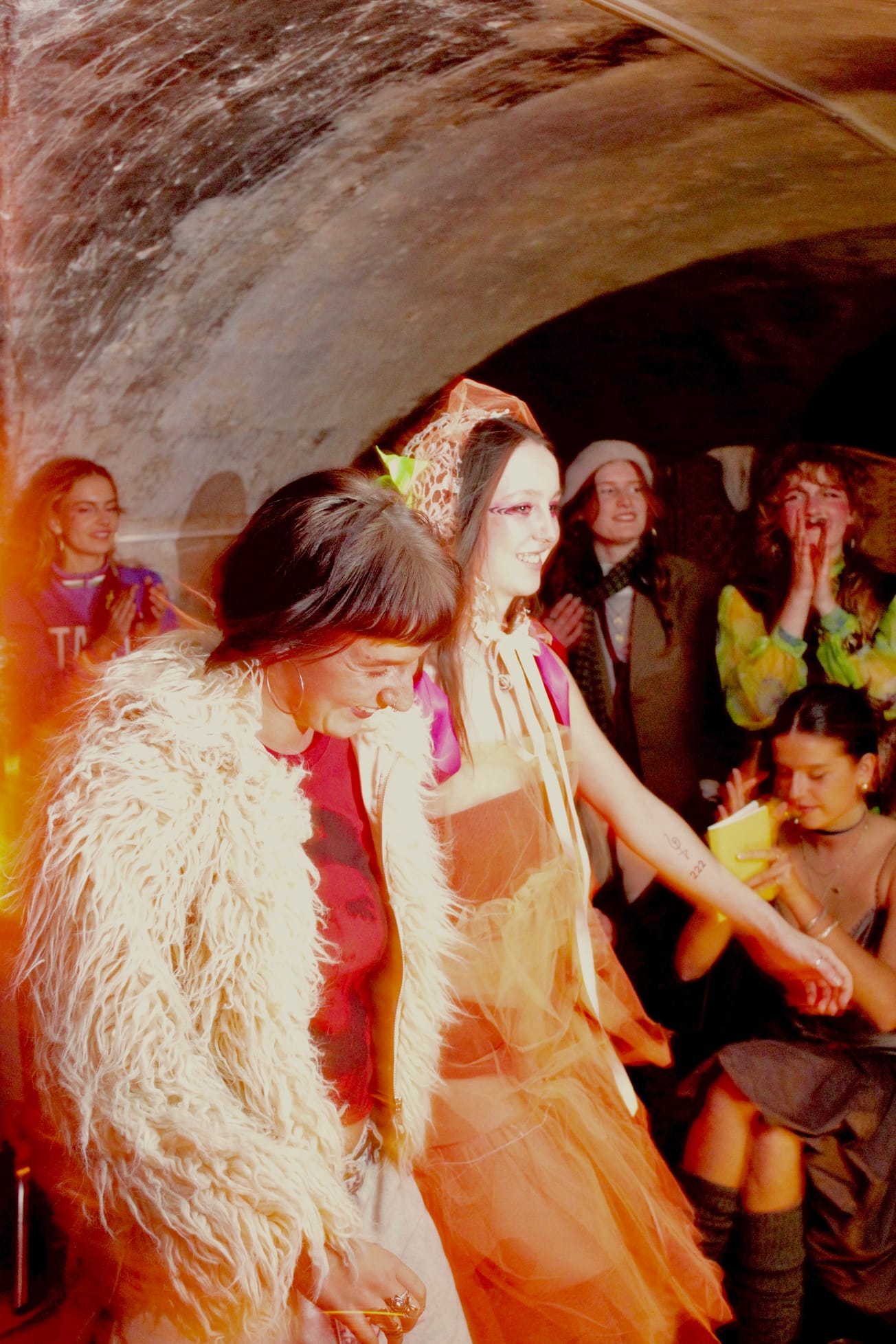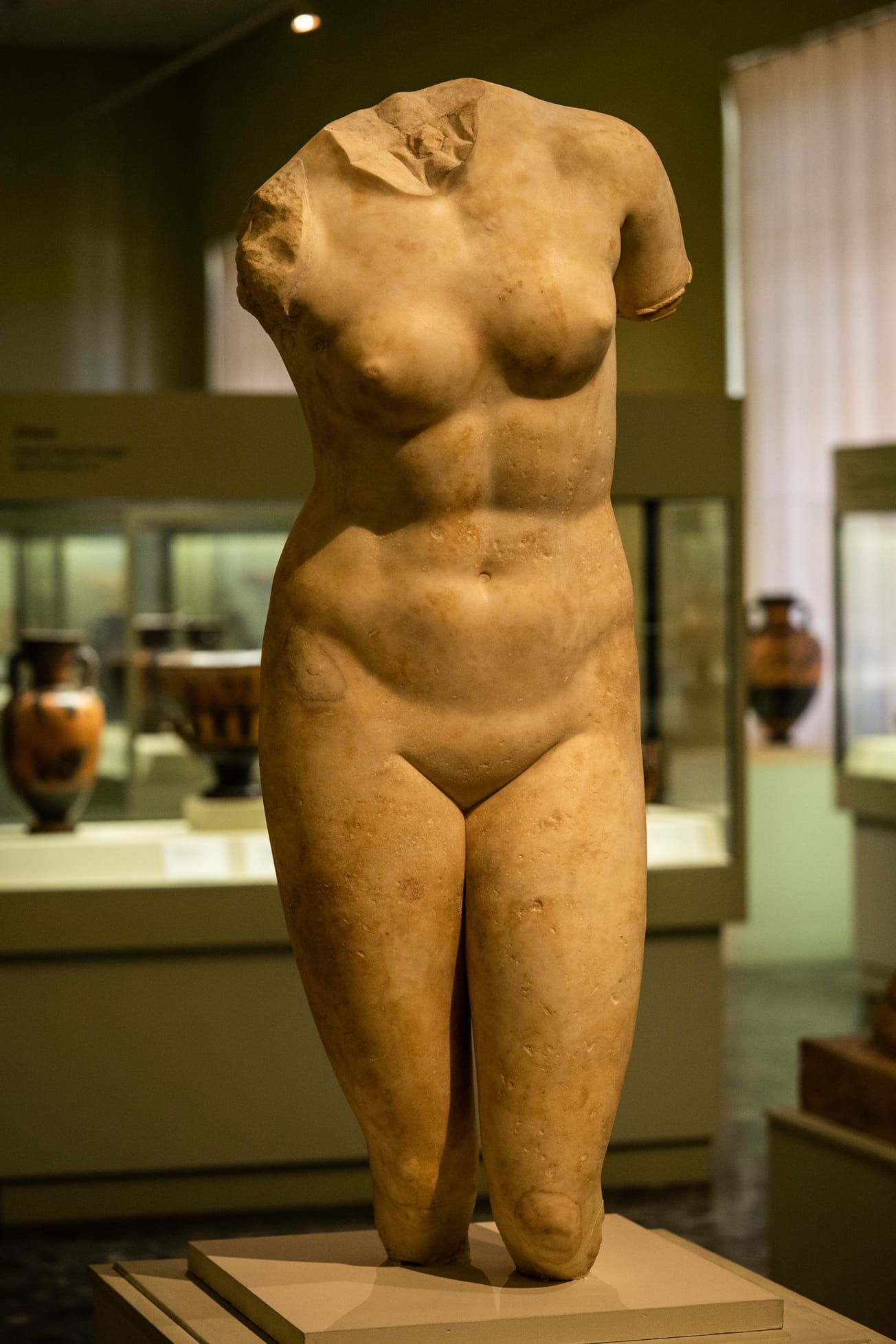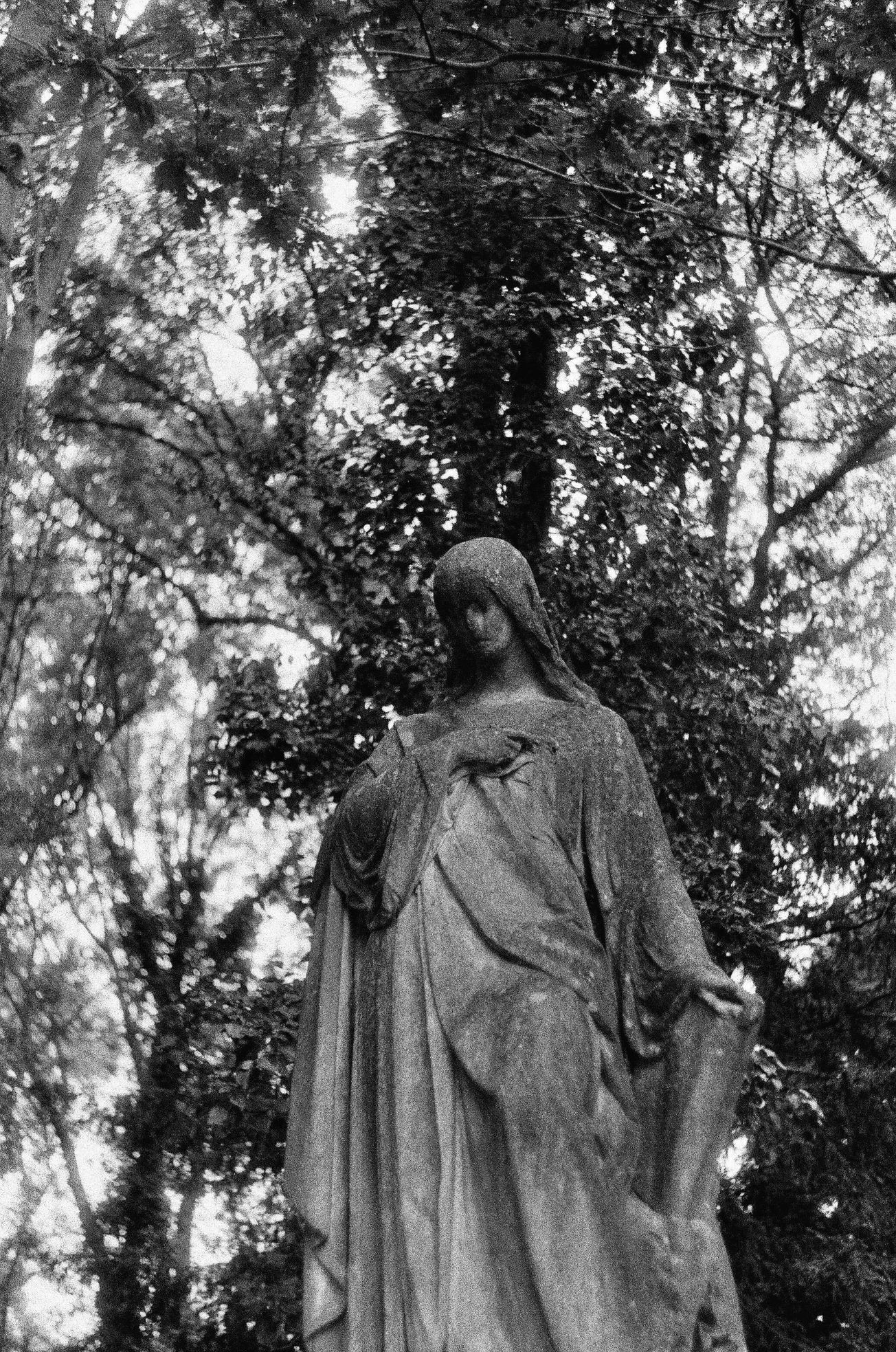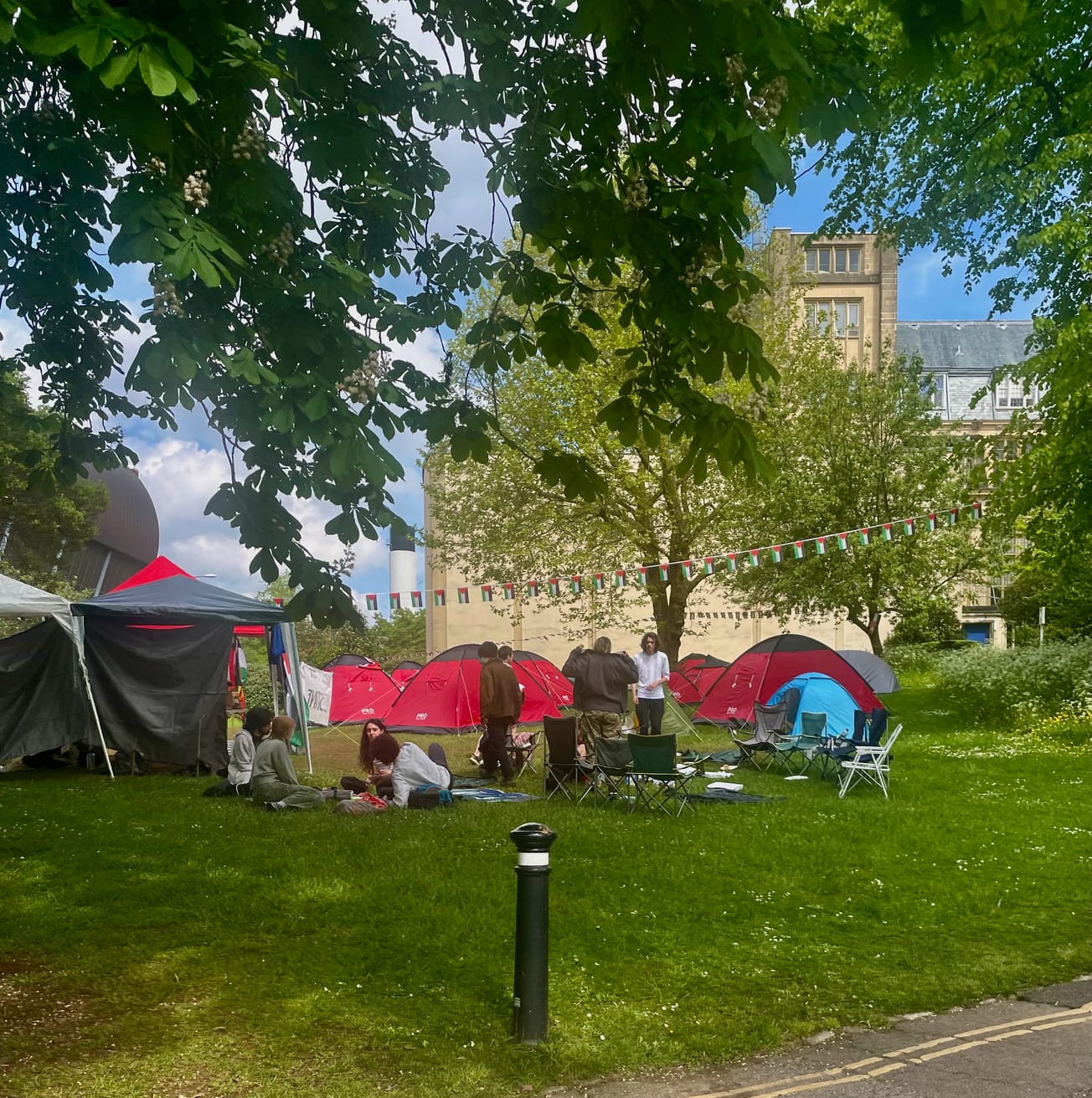By Billy Stockwell, First Year Geography
The Croft Magazine // In Fashion Revolution’s first white paper – published two years after the Rana Plaza tragedy – they hoped that by 2020 'the public starts getting real answers to the question “Who Made My Clothes?”'
'The building collapsed in the blink of an eye … there was a girl’s dead body underneath me … I kept fainting and coming around' recalls Roksana, a survivor of the 2013 Rana Plaza factory collapse in Dhaka, Bangladesh. Roksana survived for two days under the rubble before she was rescued. The scene was devastating. T-shirts destined for Western shop fronts were strewn across fallen concrete beams alongside the bodies of their makers. As the dust settled upon the ground, the world woke up to the reality of fast fashion; the following year the not-for-profit organisation Fashion Revolution was born.
Today, transparency has most definitely improved; however, rampant green-washing continues to take centre stage of marketing strategy within the fast fashion industry.
During Fashion Revolution Week from the 20th– 26thof April, I tuned into a Zoom session discussing the education of the younger generation. Kate Fletcher, Professor at the Centre for Sustainable Fashion, UAL, admitted 'the education of this group is dominated by the marketing department of brands'. It seems increasingly likely that if we are going to abolish exploitation within the fast fashion industry, we need to start playing these companies at their own game.
Kenya Hunt, Fashion Director at Grazia, spoke during Fashion Revolution Week of how we need young consumers, or as she called them 'the boohoos and the pretty little things', to become more engaged with the journey of their clothing. On Tuesday, followers were urged to post images on social media asking brands the simple, but hitherto unanswered question, #WhoMadeMyClothes? Over 200,000 posts have been shared since the beginning of this campaign. Fashion Revolution is a global network of concerned citizens, brands, influencers and policy-makers, but how bright are Bristol’s revolutionary flames burning?
Forget socks and sandals, the true crime against fashion is the exploitation of garment workers and cotton farmers, many of whom work in unsafe conditions and get paid a fraction of what they deserve. #WhoMadeMyClothes
— Fairtrade Foundation (@FairtradeUK) April 24, 2020
5 ethical fashion brands: https://t.co/MIJWeprpzO pic.twitter.com/17kTycMcwB
I caught up with Felesha Papa-Adams, founder of Collection & Co., whom Epigram interviewed last year, to ask her views on the importance of influencer culture in the fashion industry. 'This is the way forward' she says. 'Over the last few years we have seen an increase in ethical and sustainable bloggers, who are spreading awareness of the impacts of the clothing industry'. It’s never been easier to find ethical brands online, and with all of last week’s events taking place online due to COVID-19, the potential for digital activism is starting to be realised.
However, with £241 million spent on fashion advertising in the UK every year, the power of the industry is colossal. Fashion Revolution believes that alongside influencer culture, we need to be vocal in our solidarity with workers throughout the supply chain. In Bristol, many are determined to lead the way. Bristol-based illustrator Amara May uses her work to highlight environmental and social issues from around the world. Bristol’s Give Wear Love online shop hosts a beautiful collection of ethical brands, such as Jamilla Ives’ slow-fashion label FASHION PRAXIS. Student-led campaign group SolidariTee raises money for refugees, primarily for the provision of legal aid, by selling sustainable t-shirts. The list goes on.
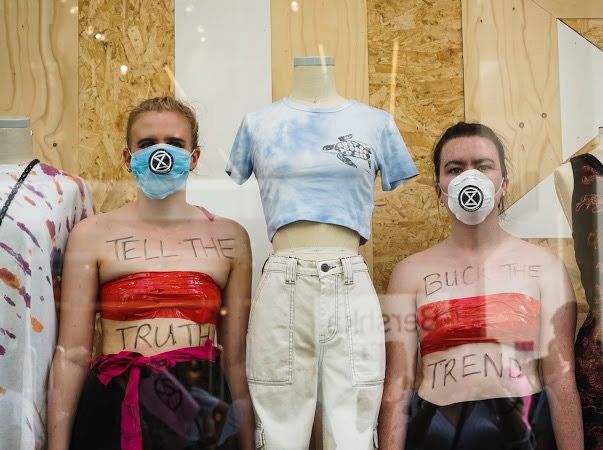
Bristol’s Extinction Rebellion organised protests against fast fashion at Cabot Circus last year, including a mass die-in and a semi-naked takeover of several window displays. I joined activists at a local community centre as they prepared for their day of disruption. Ramon Salgado-Touzon, of Extinction Rebellion's Fashion Action group, made a final speech before leading the activists into the heart of Bristol’s consumer paradise. 'We are doing this because we mean it. We are doing this because we want change'. His voice angry and quivering but fuelled by a compassion visible throughout so many of Bristol’s communities.
'Bristol's fantastic independent community supports us all.' In conversation with That Thing founder Joh Rindom to celebrate Stokes Croft style
From social media influencers to the powerhouse that is Extinction Rebellion, our city most certainly has a voice. And with the deployment of our generation’s online revolutionaries, let it be heard.
Featured: Epigram / Ellie Kenny
Find The Croft Magazine inside every copy of Epigram Newspaper

